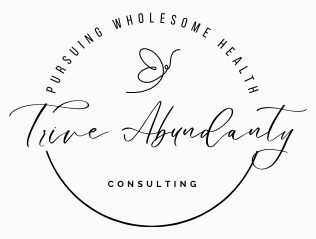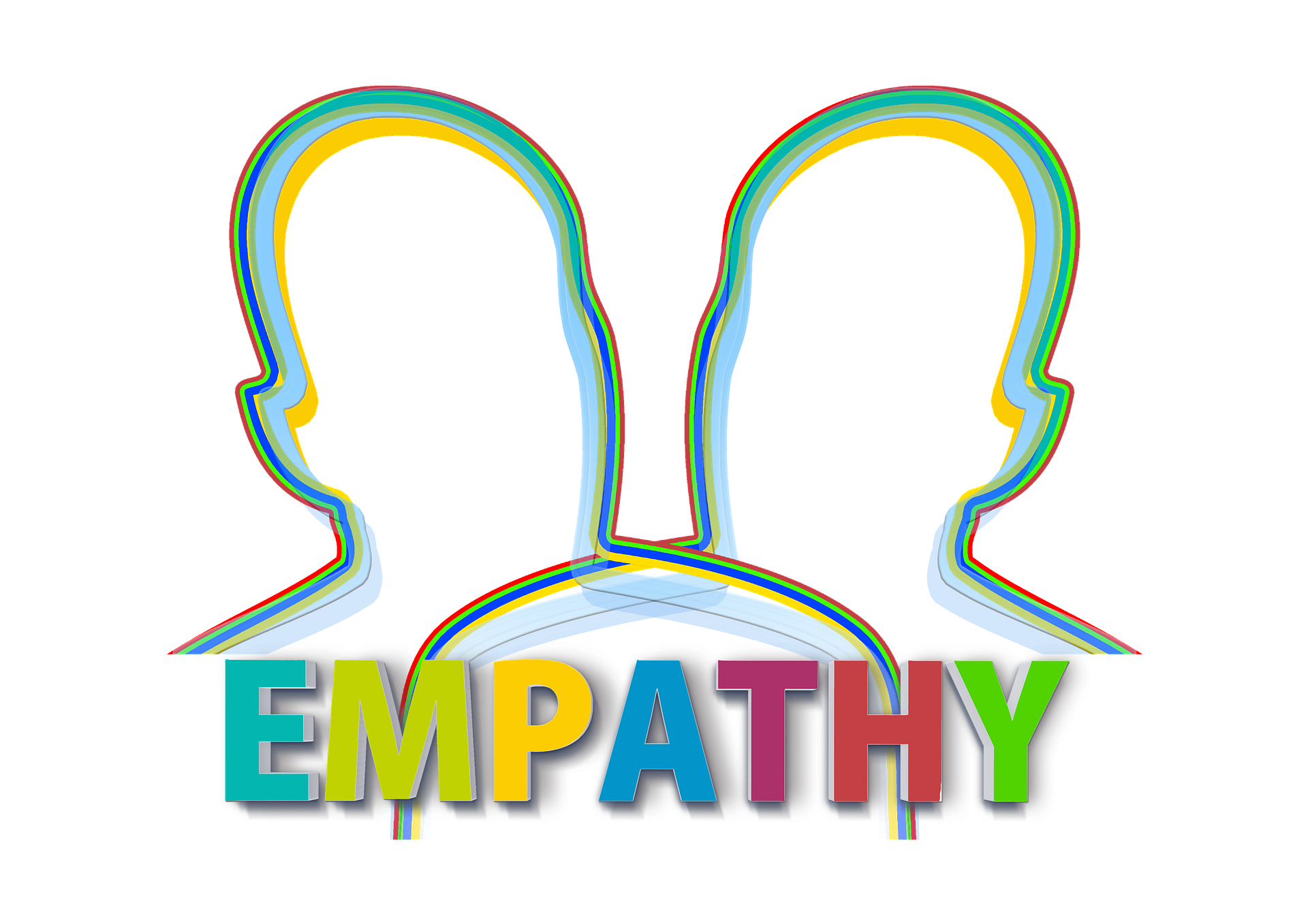This is post 15 of the “Living Fully Alive” Blog Series. Reading the posts in the order they were posted is recommended for the best reading experience.
Hopefully you have had some good opportunities to practice validating with the list from the previous post. Just because validation was on my radar, I found myself being more aware of situations where I could validate someone, where before I might have been tempted to throw suggestions at them right away. However, as Abi and Justin were sharing about validation, I was thinking ahead of who to use it on and ran into some blocks. There were some specific people I could not picture myself doing this for. It was like I knew what was coming next:
Reasons why we don’t validate.
- We may not want to validate because we may feel in order to validate, we have to be the ones in the wrong, admit fault, be responsible somehow. But validation does not mean we accept responsibility, unless of course we did play a part. But a shame factor might play into this where we are afraid, we might come out as wrong, as bad, and we don’t want to feel that shame.
- Another reason we may not validate is because we have never or rarely gotten validated ourselves.
- We also may not validate because of comparison. But it doesn’t matter if some people have more pain than others, all pain is real. In my family in particular, we did not get validated because each person felt their pain was bigger. We didn’t know about it, but looking at it now, I can see it rather clearly. Every person is worthy to be validated for what they are feeling, even if the feelings do not reflect the truth. As in Abi and Justin’s example, Justin began with validation, even though what she felt was not what was the reality. In reality Justin did not abandon her. But he validated that she felt it. He didn’t mean to make her feel that way, but he validated that she ended up feeling this way.
It may be tempting to short cut validation, especially if we fit any of the above-mentioned scenarios. But doing so hurts connection long-term. Validating costs a lot sometimes, especially with those we are closest to. But not validating ends up costing more.
I am becoming painfully aware how much shame plays a role in my life. Abi and Justin said that if I don’t have shame, I can meet someone in their emotion. I struggle just with the idea of validating some people who have deeply hurt me. Several thoughts go through my mind about not wanting to validate them. In the first place I compare, I think they have hurt me more than I have hurt them. Secondly, I don’t feel like they even acknowledged the pain they caused me. I have this sense of them not deserving validation. Thirdly, even though I have done the best I can, I know none of us ever love our close ones perfectly. Somehow validating them makes me feel like all my imperfections will be aired and capitalized on even though I never set out to harm them by any stretch of the imagination.
At least I can validate myself in this tense place and empathize that this does feel really scary and risky. It feels so painful to consider validating someone who has hurt me and who has not validated me. It feels costly to be the first one to make a compassionate move and to accept the risk of being attacked or blamed. It is not a decision easily made. And I wish I had not been hurt and that I had been validated and feel connected.
This is actually something Abi and Justin mentioned in their talk. While we can’t make or expect people to validate us, we can learn to validate ourselves and get validation from God. After all, Jesus took on human form precisely so we would know and understand that he knows what we are going through at any given moment.
So then, we must cling in faith to all we know to be true. For we have a magnificent King-Priest, Jesus Christ, the Son of God, who rose into the heavenly realm for us, and now sympathizes with us in our frailty. He understands humanity, for as a Man, our magnificent King-Priest was tempted in every way just as we are, and conquered sin. So now we come freely and boldly to where love is enthroned, to receive mercy’s kiss and discover the grace we urgently need to strengthen us in our time of weakness.
Hebrews 4:14-16
We were also cautioned not to dismiss validation when someone gives it to us. I think this is especially important to hear for those who have rarely gotten validated and have learned to cope without it. We need to learn to receive validation actively, rather than gloss over it. We can tell ourselves to receive and absorb it and not let our hearts shut it off.
Lastly, we were given some signs so we could recognize if someone has not gotten sufficiently validated. Such people will be repeating themselves over and over again. They may be aware enough to tell you that you are not hearing them. They may seem more concerned with proving their point than hearing the validating things you say to them. They appear defensive, shut down, angry or seem to have no capacity to feel.
In some cases, the person we are trying to validate may be operating in a victim mindset. If we suspect such, maybe we didn’t validate them well enough. But if we continue getting nowhere, we can communicate to them that we are trying to love them and meet them and see them, and that we feel like there is nothing we can give them. Then we can ask them what they need. This actually empowers them to be self-aware and communicate what they think they need in order to feel validated. It’s a way for them to participate.
Just like the rest of us, a victim needs to work on learning to validate self. Self-pity is a broken form of compassion, it encourages a stance of powerlessness. Self-compassion, on the other hand acknowledges pain but focuses on finding the path to healing.
To summarize, validation is the tool to bring the conflict cycle to an end. Validation is something we can offer to the people we have hurt. It requires us to give up the urge to defend ourselves, though. Validation is a step towards reconciliation. And it brings healing to past pain.
Abi closed by sharing how she has received validation through books, movies, watching other people, etc. She explained how she became aware of it one day when she was in the park watching a mom interact lovingly with her daughter. If you don’t know Abi’s story, she had to deal with the sad situation of having a mother who stopped mothering her when she was seven. As she was watching the interaction, she felt God point out to her that this is how he loves her, this is how she deserves to be loved. That she can take this example of healthy love and nurture and receive it for herself and her inner child. It never occurred to me to do that. It’s something I will certainly experiment with. Movies and books may validate us if they tell a story so similar to our own that we feel like somebody gets us.
For homework this week, make a list of books, movies, songs, people where you have felt you’ve gotten validation. Feel free to share what you discover in the comments.
Additionally, I am including two links to The Liberation Project podcast. It is a very honest and raw conversation between Justin and his mom an how they worked through pain using validation. I think you will find those podcasts fascinating and touching, and hopefully they will also give you hope, if you have a less than perfect relationship situation in your own life.
Why Good Parents Still Cause Pain Jan 29th 2017
A Mother’s Honest Acceptance of Her Failures Feb 6th 2017
Finally, below is a meditation guided by Graham Cooke to receive validation from God.
If you want to learn more about Justin and Abi and their work, click the hyperlink.







